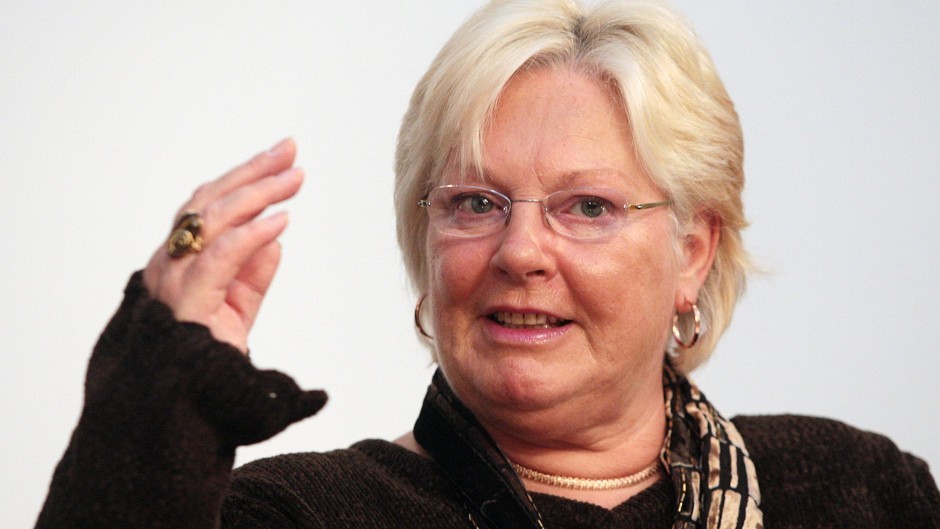Campaigners fighting for the legalisation of assisted suicide in Scotland claim a majority of people support the policy.
The My Life, My Death, My Choice group says it appears most of the 500 responses to a consultation on the Assisted Suicide (Scotland) Bill were in favour of a change in the law.
A spokeswoman for the Scottish Parliament said an official analysis had yet to be carried out.
She added that Holyrood’s health and sport committee was not due to scrutinise the controversial legislation until November.
Green MSP Patrick Harvie is taking forward the bill on behalf of former independent MSP Margo MacDonald, who died in April after a long battle with Parkinson’s disease.
Campaigners claim checks and balances have been built into the law to ensure people are not coerced into taking their own lives unwillingly.
The Scottish Government and faith groups do not support the legislation but MSPs will be given a free vote.
A My Life, My Death, My Choice spokesman said: “We are pleased the responses seem, at first glance, to show a majority of comments in favour of the legislation.
“Given this, along with the support of 69% for the bill amongst Scottish voters, we hope the committee will recommend the parliament approves the bill at stage one as quickly as possible to allow this proposal to become law.”
A wide range of organisations, faith groups and individuals took part in the consultation.
Dr Peter Kiehlmann, who works at Danestone Medical Practice in Aberdeen, said he was opposed to the bill because he had been trained to “cure people”.
He added that he feared the legislation would result in vulnerable people being “made to feel a burden and have a duty to die”.
Dr Martin Wilson, who is based at Raigmore Hospital in Inverness, said the bill would create “impossible dilemmas” for doctors.
He added that the legislation could pose “further risk to the frail and elderly and expose them to unhealthy societal and internal pressures”.
However, a group called Doctors for Assisted Suicide argued: “Making assisted suicide legal gives doctors the opportunity to support patients to make that choice and thereby improves the care that they can offer.”
